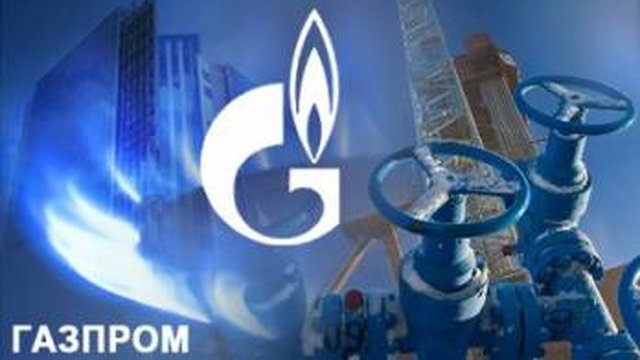Gazprom: gas transit through Ukraine to end after 2019, come what may

Gazprom has no plans to continue using Ukraine as a transit country for gas exports after 2019, Deputy CEO Alexander Medvedev told journalists.
"When the transit contract with Ukraine expires, there will be no prolongation, no conclusion of a new transit agreement under any circumstances. In light of the economic, commercial, technological, investment and political risks for gas transit, there will be no more transit through Ukraine, even if hell freezes over. The analysis has been done: in order for the Ukrainian system to be able to function even in its current regime, $12 billion must be invested to support transit," he said.
For now Gazprom has not held talks with consumers in Europe on shifting the gas acceptance points, because it is not yet clear what routes will be used. "The practice of shifting acceptance points is absolutely normal, there is nothing critical about this," Medvedev said. Gas delivered to an acceptance point on the border between Turkey and Greece will be closer to the market than gas delivered to current acceptance points on the Ukrainian border, he said.
"We are implementing Turkish Stream to diversify supplies, are ready to supply as much gas to Europe as Europe wants. We will build Turkish Stream. As for what is to be done with that gas further on: we await proposals from the European side," Medvedev said.
Medvedev said it was unfortunate that European officials do not take an active part in the life of the gas industry. For example, at the last World Gas Congress in Paris last week, "not a single representative of the European Commission attended."
"Perhaps [when last year's congress was held] in Malaysia, they saved on airfare. But you can walk from Brussels to Paris, sleep under the bridges. I see this as being a bit odd," he said.
Gazprom has also familiarized itself with the Eastring gas pipeline project in Bulgaria, Romania, Hungary and Slovakia. "This will enable Slovakia to retain transit volumes, including gas from Russia. The ball is now in Europe's court," he said.










